Each technological leap forward has led humans into existential reflection. The rise of artificial intelligence (AI) and its increasing impact on our lives is no different. While it takes over most of our global systems, lingering in the background of our chats, customer service, and ‘smart’ infrastructure, it is only a matter of time until it finds a way into the foreground of our religious practices. Already people have experimented with AI-generated services and ChatGPT generated sermons. I would suspect most reading this have used AI to research or write something used in a religious practice or instruction. But like the many other technological advances before it, it is worth reflecting on how AI can serve our spiritual formation, and how it can’t.
What AI Can Do
From the onset, let me make it clear that I am not against AI. While I do come from Wyoming and the Ron Swanson1 part of my soul will never have a smart speaker, I am not anti-technology. I have had an irrational fear since I was a child of something called SKYNET2, but I lived through Y2K, 2012, and the advent of the ‘cloud’ without major angst.
In an overly simplistic explanation, AI is computer programming that is designed to learn. ChatGPT is a Language Learning Model (LLM)l, meaning that it reads, detects patterns in language, and begins to simulate it. It combs the internet and the avid regurgitation of human thoughts and videos to learn to mimic us. The best responses are based on the best prompts – currently provided by us humans. In full disclosure, I have used ChatGPT for marketing purposes and the generations of descriptive ‘blurbs’ which I am naturally terrible at writing.
As it currently exists, AI can do some very valuable things. It can research and summarize way faster than you or I can. I remember when the Thompson Chain Reference was available on a multi CD set. It was all interlinked and with the click of a mouse I could rummage through many resources. It was brilliant! AI as a research assistant can work similarly, only with a resource pool that is much, much more vast. Right now all that information may still be considered equally – the random web page on a topic held in equal esteem to an encyclopedia or peer-reviewed journal. But I suspect that will change in the very near future. Validity, accuracy, and reputability factors will likely find their way into the LLMs.
AI can also help us get better at our writing and presentation skills. It can help cut the number of hours it takes to prepare a sermon. Its assistance should make us faster, funnier, clearer, and more accurate.
But there has to be more to making disciples than a good sermon or bible study, right? Well, that depends on what you think discipleship is.
What AI Can’t Do
AI is good at information. But what about interpretation and transformation? For that, we need to look at what makes us human.
The human mind is a wondrous thing. Computers will not be able to replicate it for a long, long time, if ever. And you will never be able to upload your brain into a computer, because your body and soul are part of what makes you, you. And they are networked together in a way that cannot transition to another form.
That is because the human brain does not work like a computer. It is not a blank slate or empty hard drive on which code is written. Fundamentally, the brain does not learn by grabbing onto ideas or concepts – it learns through mirroring. I describe the phenomenon of mirroring in my book, Ordinary Discipleship, this way.
“A baby learns how to smile by looking at the faces of those who hold them. As an adult holds the baby and smiles, the adult’s brain activates a certain pattern of muscle movements and emotions, such as happiness. When the baby sees the smile, the baby’s brain “mirrors” the pattern of muscle movements and positive emotions. That mirrored activation pattern teaches the baby’s face how to smile. As the baby’s smile triggers the adult to smile, the process reinforces itself. How does the brain know to do this? It is one of God’s fantastic mysteries.” (page 70)
When our brains reflect each other, it releases hormones in our bodies and causes a state of being called attunement. When we are attuned to one another we feel connected in a deep way. We also feel it when that attunement breaks. It is upsetting, creating anxiety in the short term and potentially a feeling of depression in the long term.
We were created to be connected to each other and to God. It is the foundation of our humanity. It is also the primary method of how God created us to be transformed. Paul talks about it in 2 Corinthians 3:18, when he exhorts believers that we live with unveiled faces, looking into the face of God, and being transformed by it. The renewing of our minds is not designed to be an outside-in process. Brain science shows us that God created it to be an inside-out process, which can happen even by simply by looking at him and others. That is good news for those who are illiterate or can’t learn well through reading.
The brain mechanism of mirroring and the feeling of attunement happens face to face, brain to brain, and soul to soul. Recent research has looked at how mirroring and attunement happens across screens, and it is different than in person. It is more of an overt process, requires more energy, and is more tiring. It is kind of like breathing through a regulator when you are diving. You can do it, but you weren’t designed to.
This basic design of the brain helps us to feel connected. It is critical to our human development and the process of identity formation. Others help us know ourselves. How we know ourselves is how we know others. In this, theologians and neurobiologists agree. And it is something that AI cannot do. AI cannot mirror or help our brains change from the inside-out.
What, Then, Shall We Do
What we do, then, depends on our definition of discipleship and disciplemaking. There are significant parts of the body of Christ which define discipleship as a process of learning information.
I define a disciple as someone who chooses to be changed by Jesus3. I define a disiplemaker as someone who lives changed by Jesus and journeys with others with the intentional spirit-led purpose of helping them be changed by Jesus too.
Just like the invention of the Gutenberg printing press made the bible available to the world, perhaps AI can help increase access to knowledge that was previously the purview of the seminarian. It can help with church history, history of theology, and deep dives into understanding theological streams. Those things are valuable and helpful, but they are not enough.
As a neuro-ecclesiologist, I think that we should take more cues from the bible and biology than from our enlightenment-focused tradition. According to our creation, one cannot be discipled by a book or a dead person. There has to be an existing, active relationship. Only another person can help you know what you almost know.
Furthermore, AI cannot tell you how it’s been changed by Jesus. It has no testimony. Revelation 19:10 says that our testimony of Jesus is the spirit of prophecy. That is because of the mirroring mechanism described above. When I tell you my story of how I have been changed by Jesus, it activates your story. Literally, it activates your autobiographical memory. And when you learn something in your autobiographical memory you are able to apply it to your tomorrow, automatically. (This is metanoia/ repentance.) It’s not like your data-fact memory system, called semantic memory, which is not able biologically to apply to your future in a concrete way. Learning things as data-facts is how we are “educated beyond our obedience.”
One final thought to throw in the ring of our existential reflection is that God could have waited until now to send the Messiah – in the form of an AI. Such an act would fit those who seek a strictly rational relationship with God and shun emotions like empathy, unmerited compassion, and weakness. Surely our invention of AI was not a surprise to an omnipotent God. If he wanted an emotionless avatar unconstrained by human weakness which could share all the information needed for right belief, this would be the historical moment!
But God didn’t do that. He sent a baby, which remained human until his death and was human on the other side of the resurrection. And who is, arguably, still human in heaven. Because humans need human relationships for transformation – metanoia/repentance. God created us for transformation. But information, whether it comes from AI or a lecture, does not tap into that process. To that end, the rise of AI does not really constitute a new problem as much as it illuminates a pre-existing one. Information does not make disciples, relationships do. And if we are not relationally engaged with someone, sharing our testimony and helping the other person be changed by Jesus too, it doesn’t really matter that we are not a robot.
*No AI was used in the creation of this blog.
1From the TV show Parks and Rec
2The AI from the Terminator movies
3Ordinary Discipleship (2023) NavPress, page 5


great thinking here, Jess.